Ljajić: Holland won't budge over Mladić
There is no indication that Holland will change its position on Ratko Mladić’s arrest being a condition for Serbia’s EU integration, says Rasim Ljajić.
Tuesday, 06.01.2009.
15:25

There is no indication that Holland will change its position on Ratko Mladic’s arrest being a condition for Serbia’s EU integration, says Rasim Ljajic. “There are no signals that Holland could review its position, as we, sadly, are not in a position to exert pressure on anyone, least of all EU member-states. We’re aware that Holland will persevere with its hitherto very tough line,” the president of the National Council for Cooperation with the Hague Tribunal told Beta today. Ljajic: Holland won't budge over Mladic According to Ljajic, Serbia was doing everything in her power: that meant operative activities to locate Mladic and fellow fugitive Goran Hadzic, as well as continued communication with the international community, which included the Council’s decision to submit to Holland its own Report on Cooperation with the Tribunal reviewed by the UN Security Council last month. “The other kind of activity is on the diplomatic arena, to resume communication not only with the Hague Tribunal, but with EU member-states, to regularly keep them abreast of all activities carried out by the Council and other state organs responsible for cooperation with the Hague court,” said the National Council president. He said that if Serbia solved the “Ratko Mladic problem” all further pressure would be lifted, European integration would be unfrozen, and no new conditions would be set. “From this stage of permanent pressure and conditions, we then enter an adjustment phase, integration with the EU, we’ll have the same conditions as other countries in that process,” said Ljajic. Asked whether operative knowledge of Mladic’s whereabouts was such that he could be apprehended this year, the National Council president replied that there were no guarantees and it was a question of hoping for the best. “Our operative knowledge is currently not such that we can give any guarantees of that kind or even promises of that kind. We can speak about our hopes and expectations,” he said. According to Ljajic, “behind all this you have enormous work, the efforts of people in the security services and in other state institutions, literally round-the-clock work and activities on the field in operative searches for the remaining suspects.” The National Council president said that there was more knowledge today than three or four months ago, but he could not guarantee that that was “enough to finish this job off.” “I can’t foresee when that might happen, nor do I want to, but whatever the case, if we don’t finish this job off this year, I hate to think of the consequences of the fact the Mladic could still be a free man in 2010,” he stressed. Though refusing to discuss the suspect’s possible whereabouts “as that could undermine operative work,” Ljajic reiterated that the former Bosnian Serb military commander’s movements were known up until the end of 2005. “What’s more or less certain are his movements until the end of 2005 and in the first few months of 2006 when we came the closest to arresting him,” said the National Council president. The Hague Tribunal is demanding the arrest of the remaining two fugitives, Mladic and Hadzic, while Holland is conditioning application of the Interim Trade Agreement with the EU and Serbia’s further European integration on Mladic’s arrest. Rasim Ljajic (Tanjug, archive)
Ljajić: Holland won't budge over Mladić
According to Ljajić, Serbia was doing everything in her power: that meant operative activities to locate Mladić and fellow fugitive Goran Hadžić, as well as continued communication with the international community, which included the Council’s decision to submit to Holland its own Report on Cooperation with the Tribunal reviewed by the UN Security Council last month.“The other kind of activity is on the diplomatic arena, to resume communication not only with the Hague Tribunal, but with EU member-states, to regularly keep them abreast of all activities carried out by the Council and other state organs responsible for cooperation with the Hague court,” said the National Council president.
He said that if Serbia solved the “Ratko Mladić problem” all further pressure would be lifted, European integration would be unfrozen, and no new conditions would be set.
“From this stage of permanent pressure and conditions, we then enter an adjustment phase, integration with the EU, we’ll have the same conditions as other countries in that process,” said Ljajić.
Asked whether operative knowledge of Mladić’s whereabouts was such that he could be apprehended this year, the National Council president replied that there were no guarantees and it was a question of hoping for the best.
“Our operative knowledge is currently not such that we can give any guarantees of that kind or even promises of that kind. We can speak about our hopes and expectations,” he said.
According to Ljajić, “behind all this you have enormous work, the efforts of people in the security services and in other state institutions, literally round-the-clock work and activities on the field in operative searches for the remaining suspects.”
The National Council president said that there was more knowledge today than three or four months ago, but he could not guarantee that that was “enough to finish this job off.”
“I can’t foresee when that might happen, nor do I want to, but whatever the case, if we don’t finish this job off this year, I hate to think of the consequences of the fact the Mladić could still be a free man in 2010,” he stressed.
Though refusing to discuss the suspect’s possible whereabouts “as that could undermine operative work,” Ljajić reiterated that the former Bosnian Serb military commander’s movements were known up until the end of 2005.
“What’s more or less certain are his movements until the end of 2005 and in the first few months of 2006 when we came the closest to arresting him,” said the National Council president.
The Hague Tribunal is demanding the arrest of the remaining two fugitives, Mladić and Hadžić, while Holland is conditioning application of the Interim Trade Agreement with the EU and Serbia’s further European integration on Mladić’s arrest.





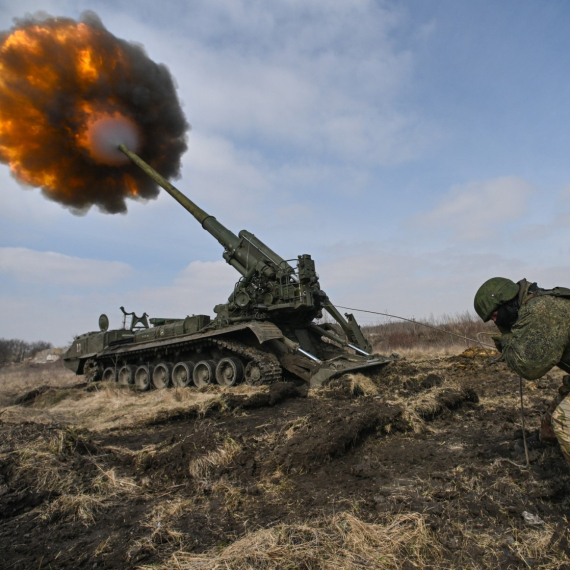










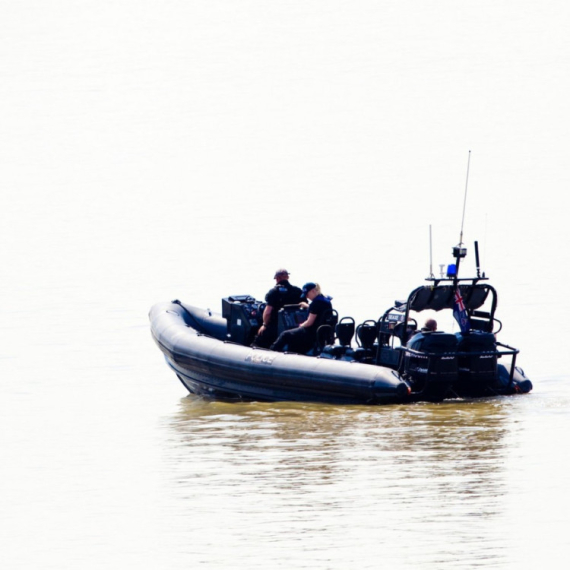
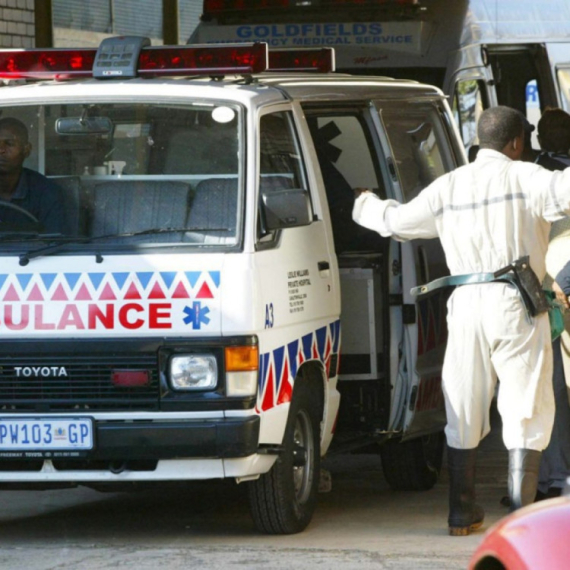
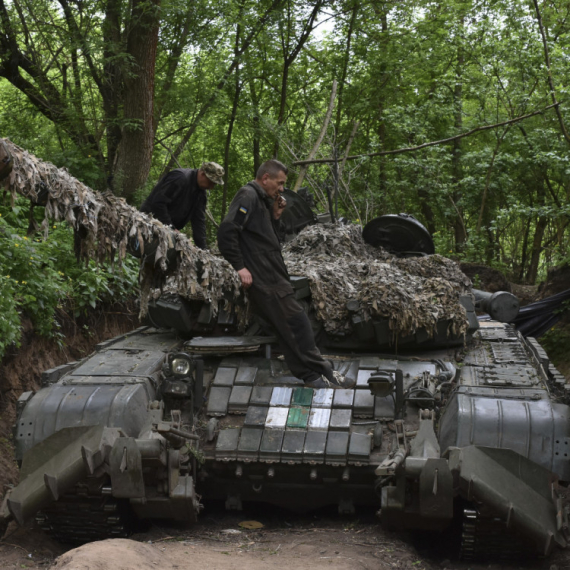











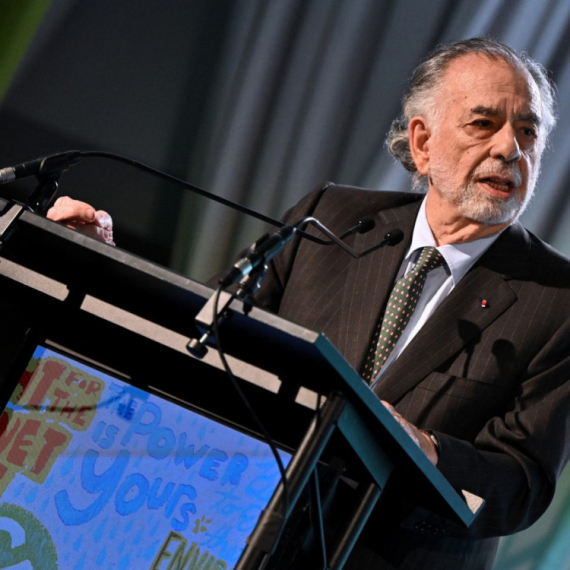










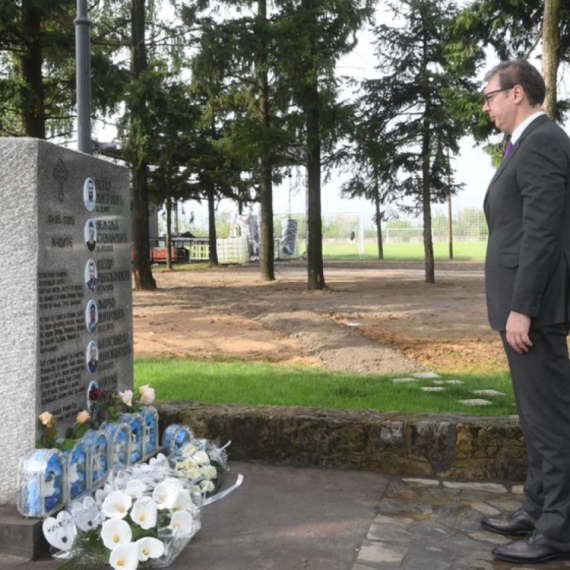

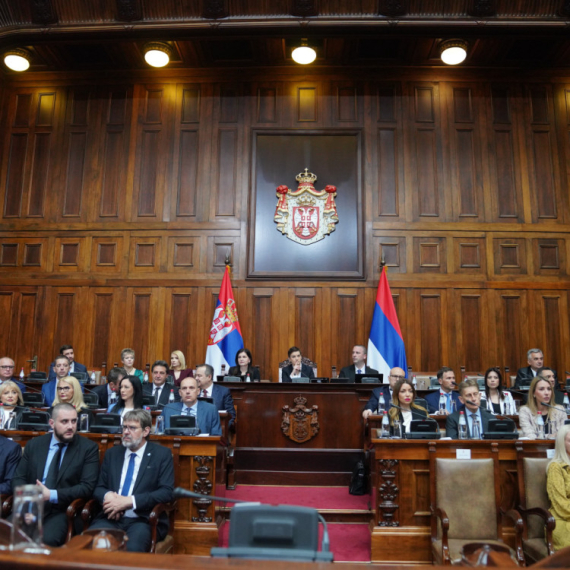








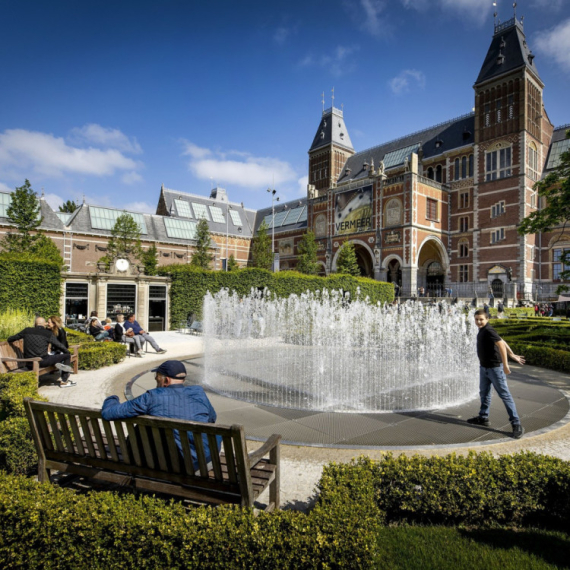

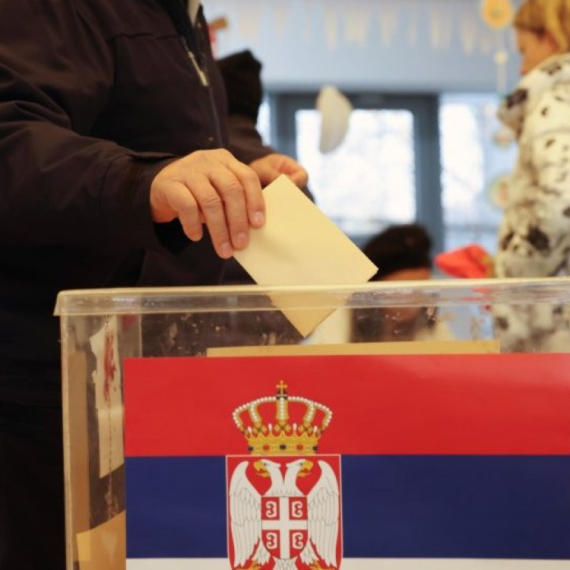
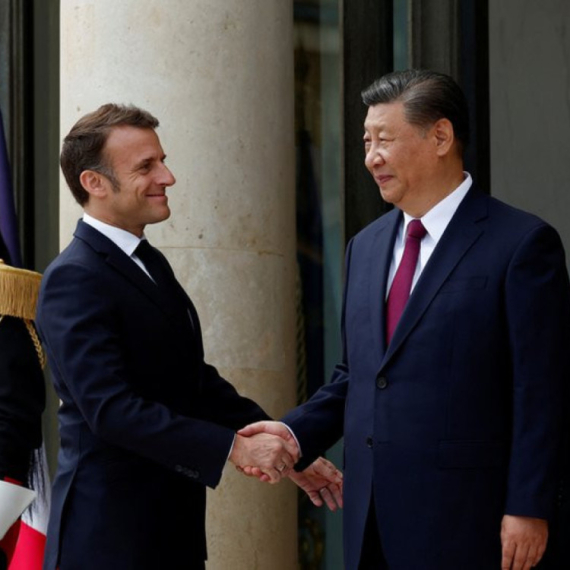


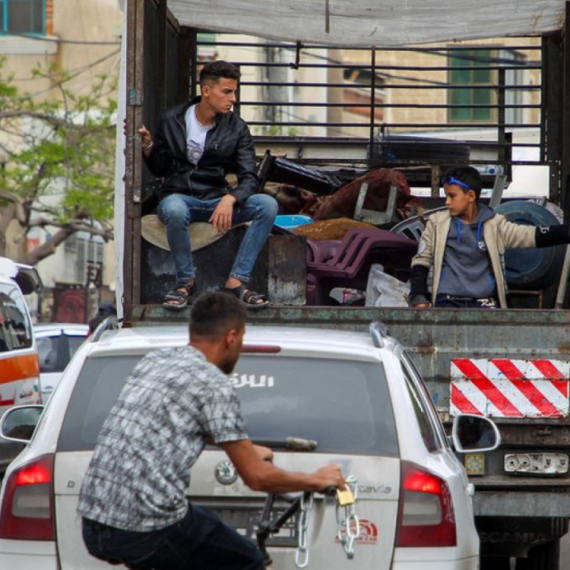

Komentari 3
Pogledaj komentare